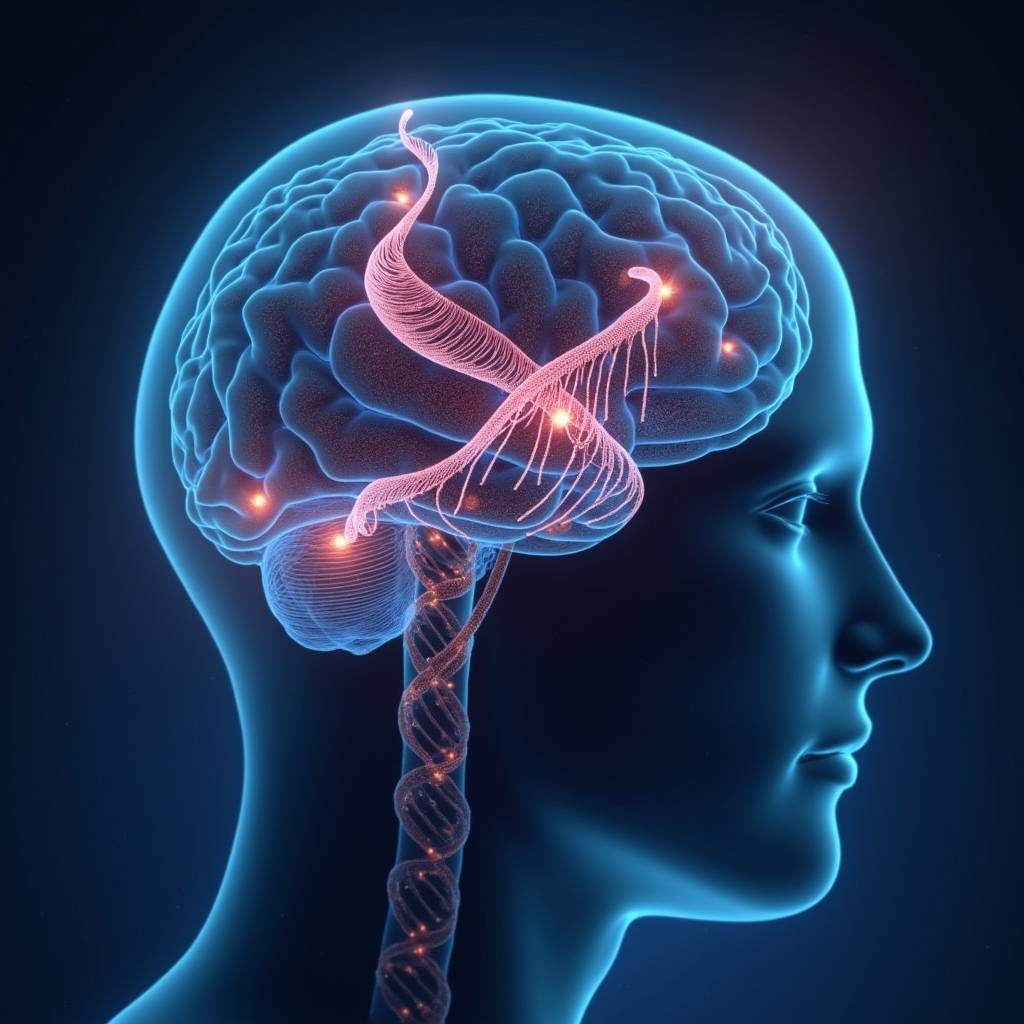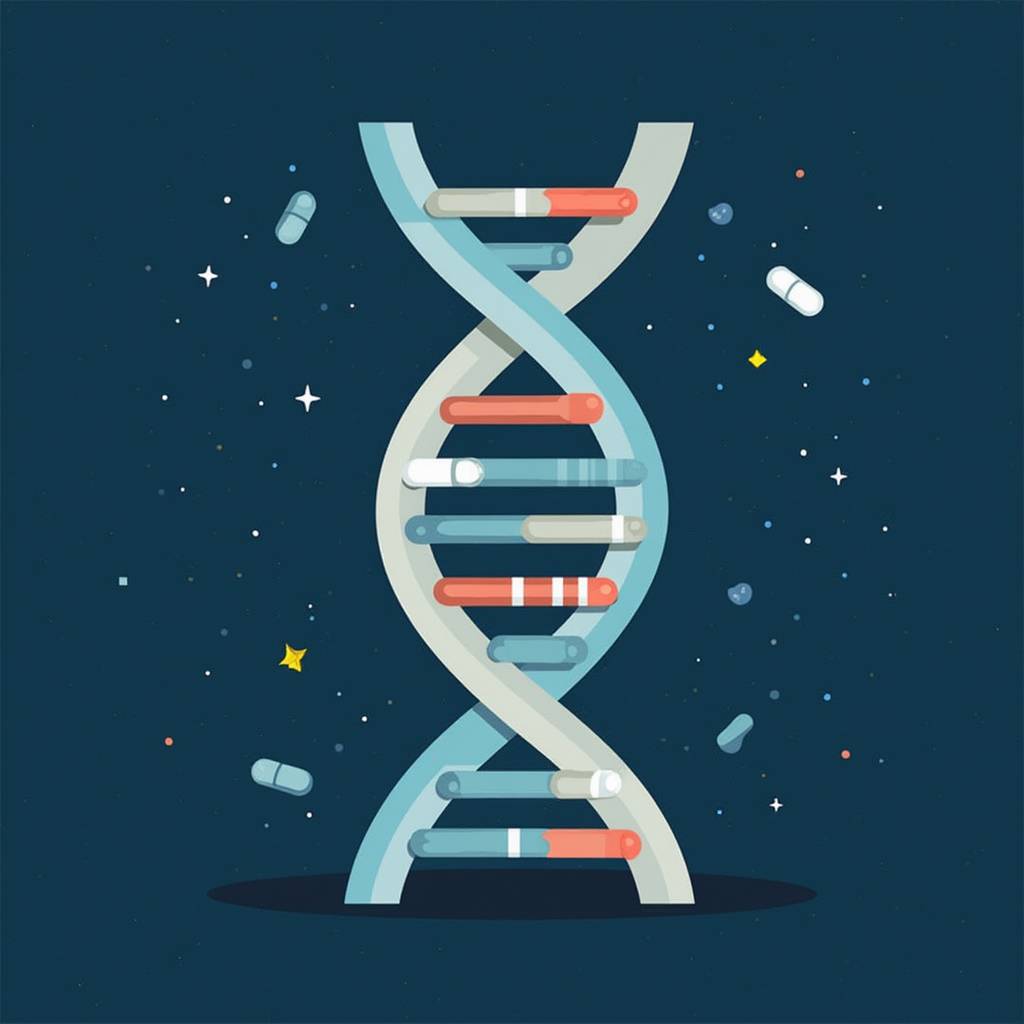Introduction
Millions suffer from chronic insomnia, relying on sleeping pills that may bring temporary relief but often lead to dependency and long-term side effects. Genetic Learning (GL) offers a groundbreaking, non-pharmaceutical solution—targeting the brain’s sleep architecture directly through neurocognitive training.

The Problem with Traditional Solutions
While medications may induce sleep, they:
-
Disrupt natural sleep cycles
-
Suppress REM and deep sleep
-
Often cause rebound insomnia after discontinuation
Behavioral therapies are safer, but require weeks of guided sessions, and results may vary.

How Genetic Learning Works Differently
GL is built on structured, subconscious stimulation. Users engage with visual matrices, logic challenges, and pattern recognition just before sleep, allowing the brain to:
-
Activate sleep-regulating neural networks
-
Balance melatonin and serotonin production naturally
-
Recalibrate circadian rhythm through internal systems
Even a short daily session can shift the brain from hyperarousal to a state of readiness for sleep.
Case Snapshot: Restoring Natural Sleep
One middle-aged man, after years of reliance on sedatives, began GL training nightly. Within 10 days:
-
He reported falling asleep within 15–20 minutes
-
Night awakenings stopped
-
His overall mood improved noticeably
He described it as “the first time my sleep felt natural in years.”

Why GL is Unique
-
No side effects
-
Rebuilds internal sleep mechanisms
-
Sustainable long-term benefits
-
Works alongside or instead of traditional therapies
Final Note
Chronic insomnia doesn’t need chemical solutions. Genetic Learning reawakens the brain’s own sleep wisdom, gently and effectively—night after night.
Discover More with Sleeping Order
Related posts
Genetic Learning for Children: Building Strong Brains and Better Sleep from an Early Age
Introduction Childhood is the most critical period for brain development. It’s when neural pathways are
The Sleep Architecture Explained: How Genetic Learning Optimizes Each Sleep Stage
Introduction Sleep is not a single state—it’s a cycle made of several distinct stages, each
Chronotypes and Genetic Learning: Tailoring Sleep and Brain Training to Your Internal Clock
Introduction Not everyone is wired to wake up early. Some feel energized at dawn,



